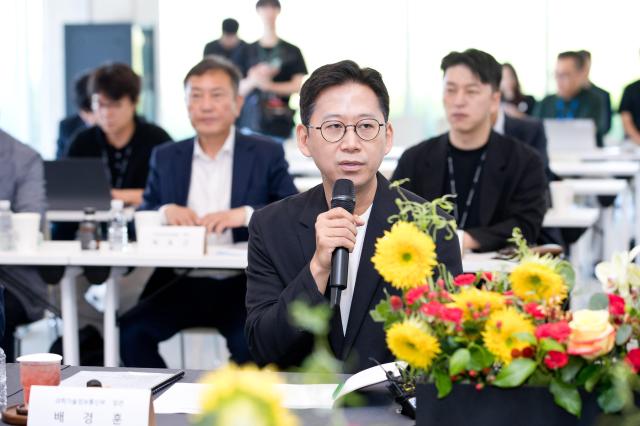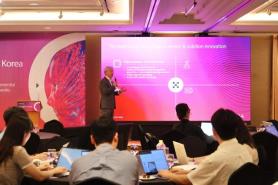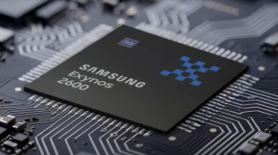
SEOUL, July 25 (AJP) - South Korea must fast-track the construction of domestic AI data centers and secure tens of thousands of high-performance graphics processing units (GPUs) within the next two years if it is to join the ranks of the world’s top three artificial intelligence powers, the country’s science minister said.
During a visit to Naver’s AI data center in Sejong, Science and ICT Minister Bae Kyoung-hoon outlined the government’s ambitious plans to acquire 50,000 GPUs — a key component in training and deploying advanced AI models — while warning that the pace of deployment would be critical to maintaining competitiveness.
“We are no longer in a position to take a phased approach,” Bae said, referring to earlier plans to begin with an initial 10,000 GPUs. “Speed is everything. If we are serious about becoming an AI powerhouse, we must act decisively within the next two to three years.”
The minister stressed that the government would support rapid development of domestic AI infrastructure, with a focus on self-reliance rather than dependence on foreign cloud service providers.
He emphasized that AI data centers must meet high standards in technical performance, operational capability and price competitiveness. He also encouraged companies to integrate internal data with AI systems to strengthen Korea’s digital sovereignty.
The meeting drew a wide array of industry and academic representatives, many of whom raised concerns about mounting regulatory hurdles. Among them were construction and power-related restrictions, as well as resistance from local communities over data center development.
NHN Cloud CEO Kim Dong-hoon urged authorities to shorten the review process for power system impact assessments.
Samsung SDS President Lee Jun-hee called for more flexible regulations around data center design, while Kakao Vice President Kim Se-woong suggested tax incentives and alternative financing models.
Korea Data Center Association Chairman Kang Jung-hyup warned of the risk of “Korea passing” — the possibility of international firms bypassing South Korea as an AI hub — and called for more aggressive policy support.
In response, Minister Bae pledged that the government would reflect industry feedback in policy formulation, including through streamlined licensing, targeted tax breaks and eased power supply regulations.
He also addressed the government’s broader 100 trillion won ($73 billion) AI investment blueprint, saying future policy would focus on execution and industry alignment rather than headline figures.
Copyright ⓒ Aju Press All rights reserved.




